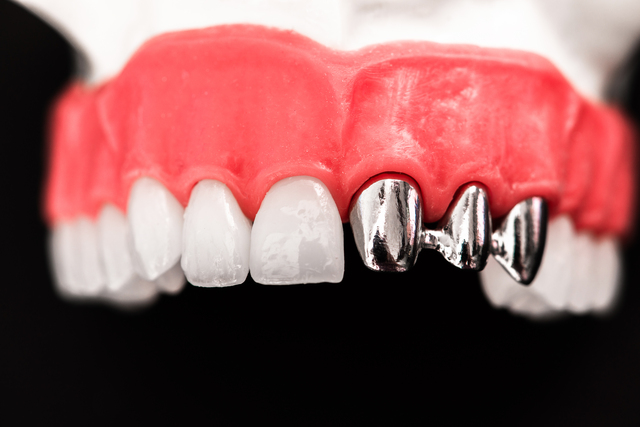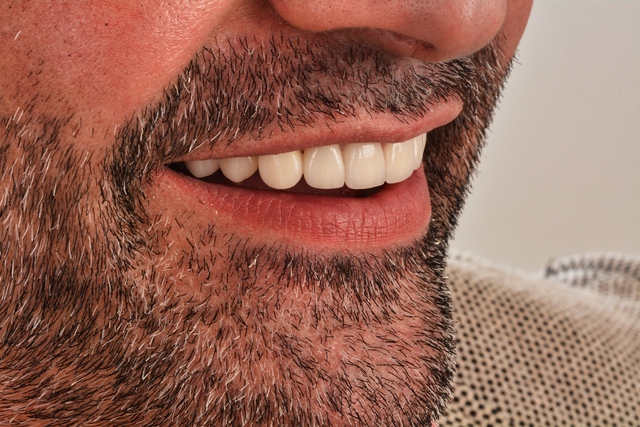Zirconium Coating
Zirconium coating dental treatment is a perfect choice for anyone seeking both durability and aesthetics in dental restorations. Zirconium crowns are incredibly strong, offering high resistance to wear and fracture, making them suitable for both front and back teeth. They are also biocompatible, meaning they won’t cause allergic reactions or irritate the gums. Zirconium crowns also closely resemble natural teeth, blending in seamlessly with your smile. Zirconium coating will give you a long-lasting, natural-looking, and safe solution for damaged or discolored teeth!
The Procedure
Initial Consultation: The dentist examines the tooth and takes X-rays to assess its condition and determine if a zirconium crown is suitable.
Tooth Preparation: The dentist numbs the area and reshapes the tooth by removing a small portion of enamel to make room for the crown.
Impressions: Digital scans or physical impressions are taken of the prepared tooth to ensure a precise fit for the zirconium crown.
Temporary Crown: A temporary crown is placed to protect the tooth while the zirconium crown is custom-made in a lab.
Final Placement: In a second appointment, the dentist removes the temporary crown, checks the fit and color of the zirconium crown, and then cements it into place.
Final Adjustments: The dentist makes final adjustments to ensure a comfortable bite and natural look.

Benefits of treatment
Zirconium coating dental treatment offers several benefits. Zirconium crowns are durable, biocompatible, and resistant to corrosion, which makes them a long-lasting solution. Their natural appearance blends seamlessly with surrounding teeth, enhancing aesthetics. Unlike metal crowns, zirconium is non-allergenic and doesn't irritate gums. It also has high fracture resistance, making it ideal for both front and back teeth. Zirconium coatings provide a natural-looking, cost effective and durable way to restore missing teeth!
Post-Operation Care
Postoperative care for zirconium coating is crucial for ensuring long-term success. After the procedure, you should avoid hard or sticky foods for at least 24 hours to allow the cement to fully set. Maintaining proper oral hygiene is essential—brushing twice daily with a soft-bristled toothbrush and flossing gently around the treated area will help prevent plaque buildup. Visit your dentist regularly for a crown check-up. If you notice sensitivity or discomfort, it's important to inform your dentist for timely adjustments.



